Why on-screen representation matters with Black superheroines
OPINION: A rise in superheroine representation can be seen on the small screen and there are currently two Black women making quite a positive impact in that arena

March is Women’s History Month. It is also the month that the WandaVision finale, a show with a super-powered female protagonist, crashed Disney+ as hordes of viewers endeavored to watch the conclusive episode.
These days, superheroes are a dime a dozen (The Flash, Black Lightning and The Boys to name a few), but superheroines are now being featured more prominently on TV and film. Wonder Woman 1984’s debut on HBO Max last December helped the streaming service double activations in Q4 to 17.2 million. Meanwhile, Marvel’s Black Widow trailer pulled in over 38 million views on YouTube in just days last year.
A rise in superheroine representation can be seen on the small screen and there are currently two Black women making quite a positive impact in that arena. While WandaVision touted Elizabeth Olsen as the star of the series, Teyonah Parris stole scenes and snatched edges as Monica Rambeau, a strong and clever government agent with superpowers of her own.
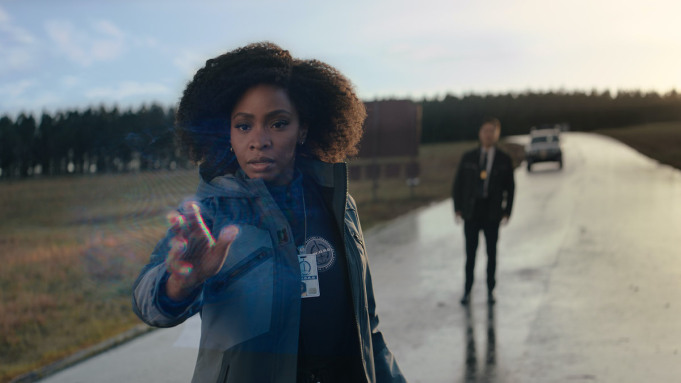
Over on The CW, Javicia Leslie stars as the titular character in Batwoman, a Black superheroine working to keep Gotham City safe after Batman mysteriously disappears. Leslie’s Batwoman has a license to kick ass and has been doing so in every episode since the actress took over the part at the start of the second season in January.
Both roles don’t sexualize their respective characters or portray them as damsels in distress, which is something that can oftentimes happen with superheroines. Instead, the parts depict these Black women as smart, determined, proficient, and here to save the day – a responsibility that has classically been reserved for white heterosexual men (i.e. Captain America or Superman).
Yes, I’m aware that Superman is technically an alien from Krypton – but he’s as white as the day is long. Don’t come for me.
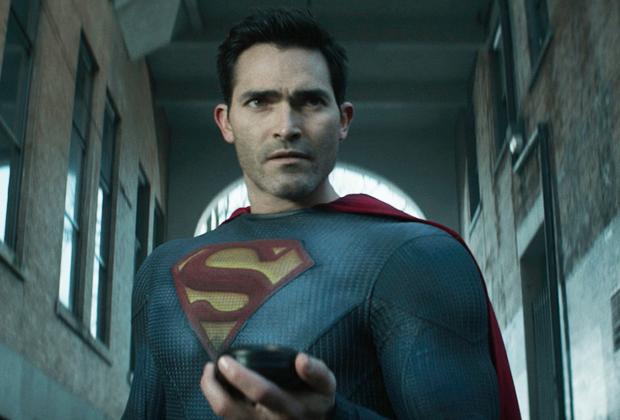
The representation of the Black superheroines is sorely needed. A 2017 USC Annenberg report revealed that a quarter of 900 television shows and movies analyzed did not have a single speaking or named Black character. Audiences, particularly those with little exposure to those outside of their community, may equate these limited, and harsh, media representations with the real world.
It should also be noted that early superhero programs (such as Adventures of Superman, which ran 1952 – 1958 and Batman, which ran 1966 – 1968) did not feature Black characters, let alone characters that were Black women. However, individuals looking for the early traces of the Black superheroine may be able to derive examples from the Blaxploitation films of the 1970s.
Many people consider 1977’s Abar, the First Black Superman to be the first Black superhero film. While some of the films from this particular era are a bit problematic and feature stereotypical depictions of Blacks, characters such as Foxy Brown, Cleopatra Jones, and Coffy were portrayed as keen and resolute – two qualities that every superman and superwoman must-have.
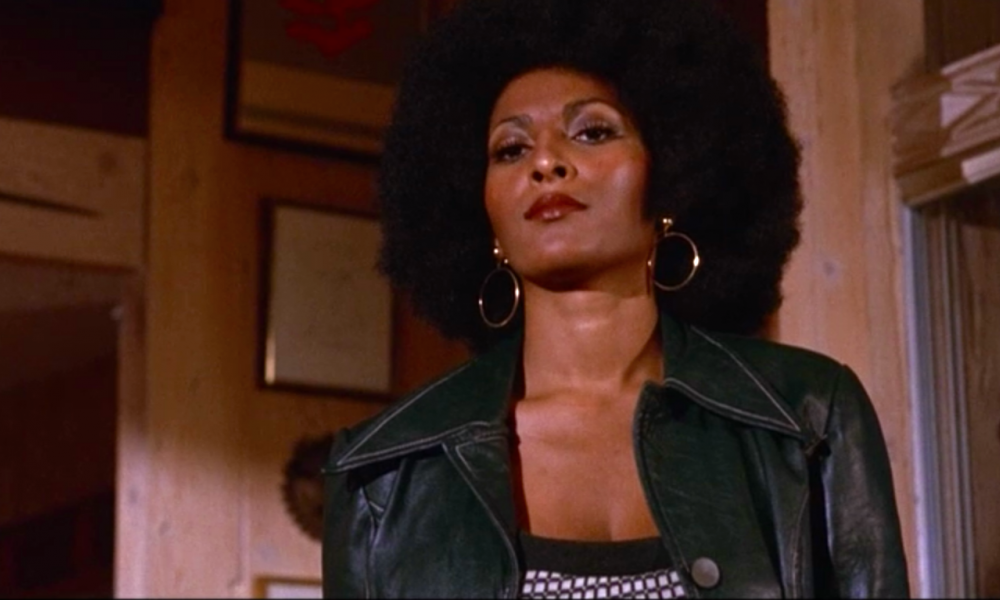
Diversity is prevalent in comic books. TV and film is another story. Aside from Black Panther, which broke all kinds of box office records back in 2018, Black superheroines and superh\eroes have remained in supporting roles.
While there has definitely been progress in cinema regarding representation with Black characters such as The Falcon (who is also receiving his own Disney+ show, although he’s sharing it with a white co-lead) and Cyborg, who should hopefully be getting more to do in the director’s cut of Justice League being released later this week, these characters are ultimately supporting roles with a purpose to aid the white protagonists in the films. They are also men. Where are the Black women?
Black nerds, or Blerds as we are affectionately called, may be quick to point out Simone Missick’s spectacular portrayal of Misty Knight in Netflix’s Luke Cage, but the show was unceremoniously canceled in 2018. Moreover, actress Nafessa Williams has done magnificent things as the superheroine Thunder on Black Lightning, yet the program is is set to end this year.
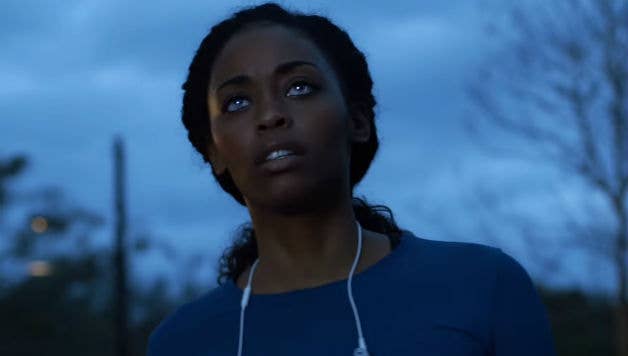
This fact makes TV characters like Batwoman and Monica Rambeau all the more important. Television continues to be a dominating form of media.
According to Nielsen’s latest Total Audience Report, television is still the most used electronic medium for U.S. adults. On average, Americans aged 18 and older spend almost four and a half hours a day watching TV, still beating the three hours they interact with their smartphone on an average day. With that statistic being taken into consideration, a show like Batwoman is essential. Not only does it feature a multiethnic cast, but its lead character is also a lesbian. Representation matters, fam.
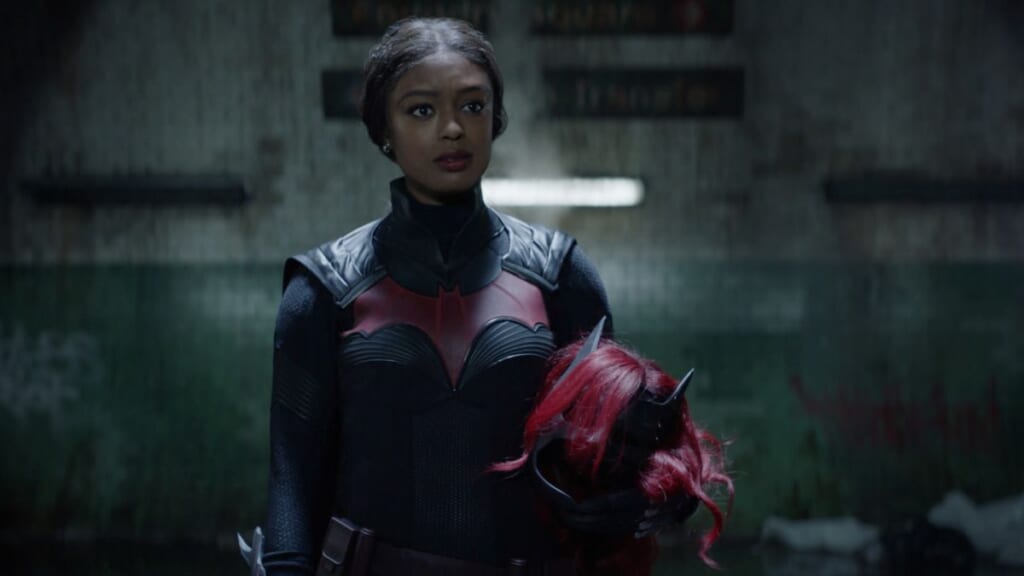
Notwithstanding their popularity, television shows based on superheroes and superheroines can impact cultural and moral customs. It has been reported that for some viewers, portrayals of minorities in the media not only affect how others see them but affect how they see themselves. This is what is called the cultivation theory. The theory suggests that people who are exposed regularly to media over long periods of time perceive the world’s social realities as presented on media and that it affects the audiences’ attitudes and behaviors. That’s deep, right?
So, is there hope regarding the representation of Black superheroines in television? I’d certainly like to think so. Parris’ portrayal of Monica Rambeau in WandaVision has garnered a substantial amount of praise and she is set to reprise the character in next year’s Captain Marvel 2, which is being directed by a Black woman.
Additionally, The CW recently announced that Batwoman has been renewed for a third season with Leslie returning as the show’s lead. There are also talks of having Black Panther’s sister, Shuri (played by Letitia Wright), assume the role of the Black Panther in its sequel, which is something that has happened in the comic books. It would seem that Black superheroine representation is improving, although slowly.
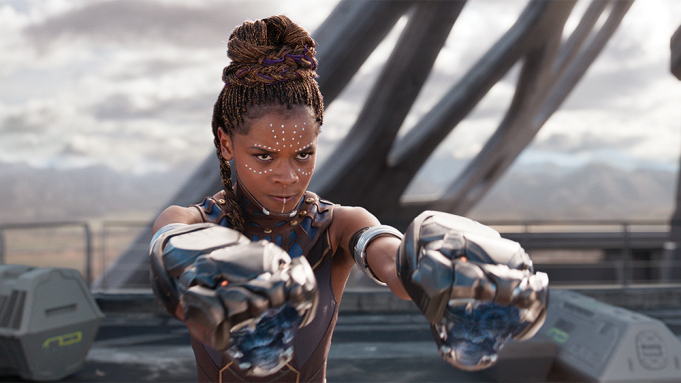
Still, improvement of any measure should always be recognized. With any luck, the success of characters like Batwoman and Monica Rambeau will lead to more positive representations of Black superheroines. We could use it.
Reducing the guise and appearance of a hero to only a percentage of the population does a disservice to viewers. And on top of that, it’s not reflective of the world in which we live.
After all, a superwoman can do anything that a superman can do – but in heels.
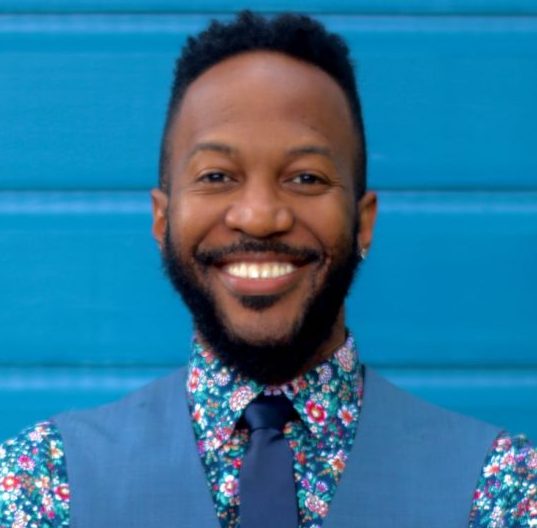
Jaylen Christie is an award-winning writer and public relations practitioner. He has been recognized by Black Enterprise magazine as a 2019 Modern Man of Distinction, is a recipient of the Orlando Business Journal’s 40 Under 40 accolade, and was recently named a finalist for the Diversity Leader Award by PR News.
Have you subscribed to theGrio’s podcast “Dear Culture”? Download our newest episodes now!
TheGrio is now on Apple TV, Amazon Fire, and Roku. Download theGrio today!
More About:Entertainment









